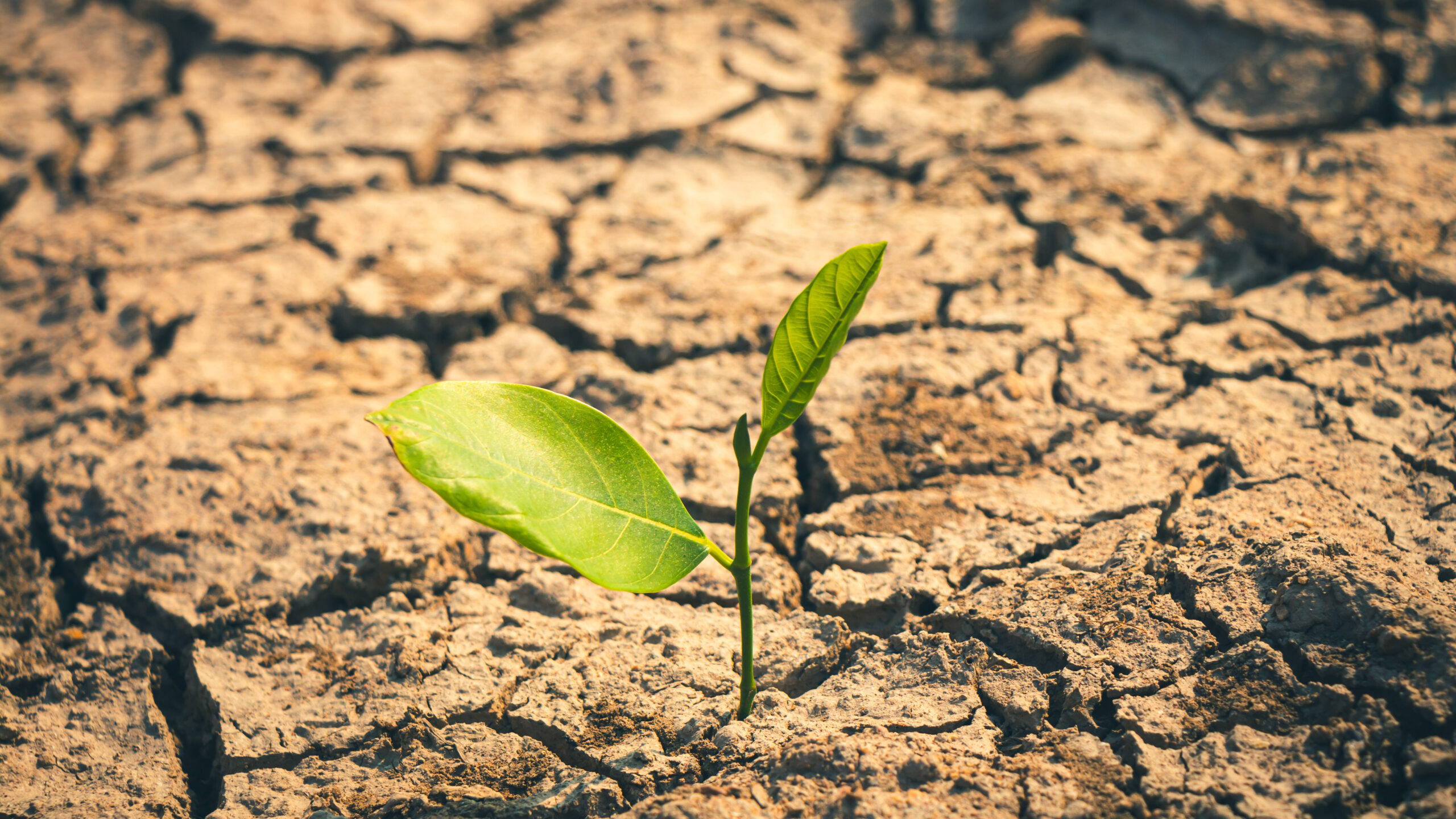
Climate justice is not only an environmental issue — it is a question of ethics, responsibility, and global solidarity. Work Package 4 explores how interreligious cooperation can foster a deeper understanding of climate justice and provide concrete educational tools to integrate this urgent topic into teacher training and school curricula.
Climate Justice as a Challenge for the European Context
This work package focuses on developing a constructive approach to climate justice, highlighting its social, ethical, and theological dimensions in diverse educational and interreligious contexts. By emphasizing the global scale of the climate crisis, it aims to strengthen motivation for interreligious collaboration and proactive engagement.
Theological and Ethical Perspectives on Climate Justice
- Exploration of climate justice from the perspectives of different religions, emphasizing shared ethical responsibilities.
- Integration of compassion-based approaches and emotional learning to enhance moral engagement in teaching.
- Theological justification of climate justice as a moral obligation for climate action.
- Consideration of gender justice as an essential dimension of climate justice.
Developing Educational Modules for Teacher Training
To ensure a practical impact on future educators, this work package:
- Develop competency-based module descriptions to integrate climate justice (with a focus on water) into interreligious learning.
- Designs, implements, and evaluates teaching modules for religious education, primarily at the secondary level.
- Conducts pilot lessons in selected schools, taught by university students and assessed through student feedback and evaluation surveys.
- Integrates findings into university curricula, optimizing modules through real-world teaching experiences.
Climate Justice as Environmental and Peace Education
- Strengthening the connection between interreligious learning and environmental ethics by incorporating climate justice into teacher education programs.
- Encouraging proactive engagement by demonstrating that climate justice is an essential part of climate protection.
- Providing motivational strategies to counteract resignation in the face of climate crises and inspire hope through religious collaboration.
- Developing practical action-oriented concepts for climate justice in school education.
Networking and Public Engagement
- Collaborating with religious communities, interfaith networks, and environmental NGOs to support climate education.
- Engaging with scientific experts and interdisciplinary environmental initiatives, particularly the Climate Resilience Center at the University of Augsburg.
- Strengthening public awareness through outreach activities and networking with global actors in environmental learning.
Final Deliverables and Knowledge Transfer
- Completion and publication of a teacher’s handbook for all religious denominations, providing teaching modules and didactic guidance for primary and lower secondary education.
- Finalization of an in-depth module on “Environmental Education as Peace Education through Interreligious Learning Processes.”
- Establishment of media outreach strategies, including translations and digital open-access materials.
Special Focus on Practice-Based Teacher Training
A key role in this work package is taken on by KPH Vienna, which, as a practice-oriented institution, integrates the project’s outcomes directly into real-world classroom settings. This includes:
- Continuous evaluation and optimization through teacher and student feedback.
- Hands-on implementation of climate justice education in laboratory and practice schools.